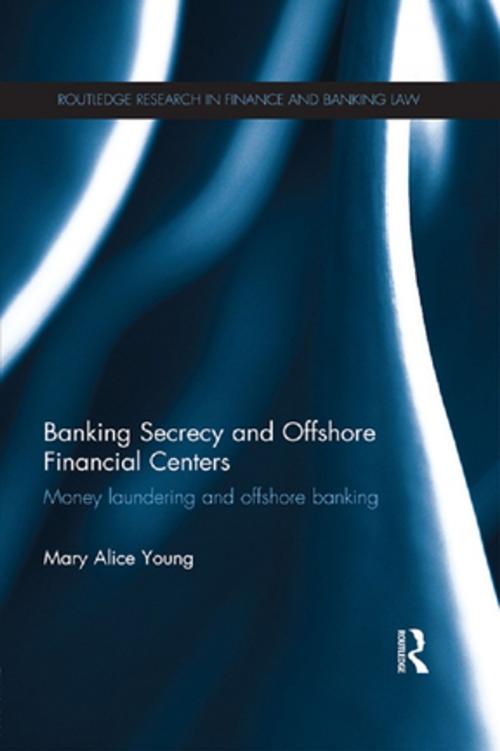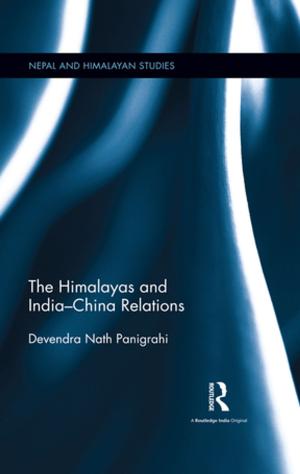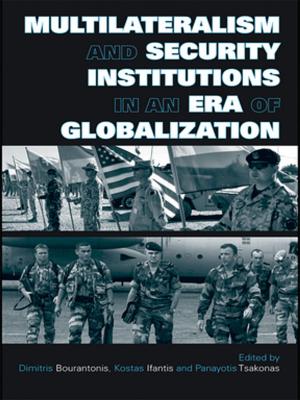Banking Secrecy and Offshore Financial Centers
Money laundering and offshore banking
Nonfiction, Reference & Language, Law, Banking, Ethics, Criminal law| Author: | Mary Alice Young | ISBN: | 9781135123376 |
| Publisher: | Taylor and Francis | Publication: | February 11, 2013 |
| Imprint: | Routledge | Language: | English |
| Author: | Mary Alice Young |
| ISBN: | 9781135123376 |
| Publisher: | Taylor and Francis |
| Publication: | February 11, 2013 |
| Imprint: | Routledge |
| Language: | English |
This book brings together the issues surrounding banking secrecy and confiscation of criminal proceeds. The book examines the existing legal agreements at the international, regional and national levels and their interaction in the substantive areas of confiscation, anti-money laundering and banking confidentiality laws. It looks at how these agreements have been applied in offshore financial centers and demonstrates that despite a number of legally binding UN Conventions as well as global anti-money laundering recommendations, the implementation of them is often lukewarm by those Parties who have ratified the Convention and adopted obligations, because of this the confiscation legislation is incompatible with strict banking confidentiality laws. The work draws on the experience of criminologists to offer critical insight into the legislative frameworks designed to deal with banking secrecy and confiscation in offshore financial centers. It goes on to offer suggestions for measures that may be taken by major economies to circumvent the lack of cooperation by offshore financial centers as intolerance towards money laundering grows in light of recent political and economic events.
This book will be of particular interest to students and scholars of Law, Finance and Criminology.
This book brings together the issues surrounding banking secrecy and confiscation of criminal proceeds. The book examines the existing legal agreements at the international, regional and national levels and their interaction in the substantive areas of confiscation, anti-money laundering and banking confidentiality laws. It looks at how these agreements have been applied in offshore financial centers and demonstrates that despite a number of legally binding UN Conventions as well as global anti-money laundering recommendations, the implementation of them is often lukewarm by those Parties who have ratified the Convention and adopted obligations, because of this the confiscation legislation is incompatible with strict banking confidentiality laws. The work draws on the experience of criminologists to offer critical insight into the legislative frameworks designed to deal with banking secrecy and confiscation in offshore financial centers. It goes on to offer suggestions for measures that may be taken by major economies to circumvent the lack of cooperation by offshore financial centers as intolerance towards money laundering grows in light of recent political and economic events.
This book will be of particular interest to students and scholars of Law, Finance and Criminology.















